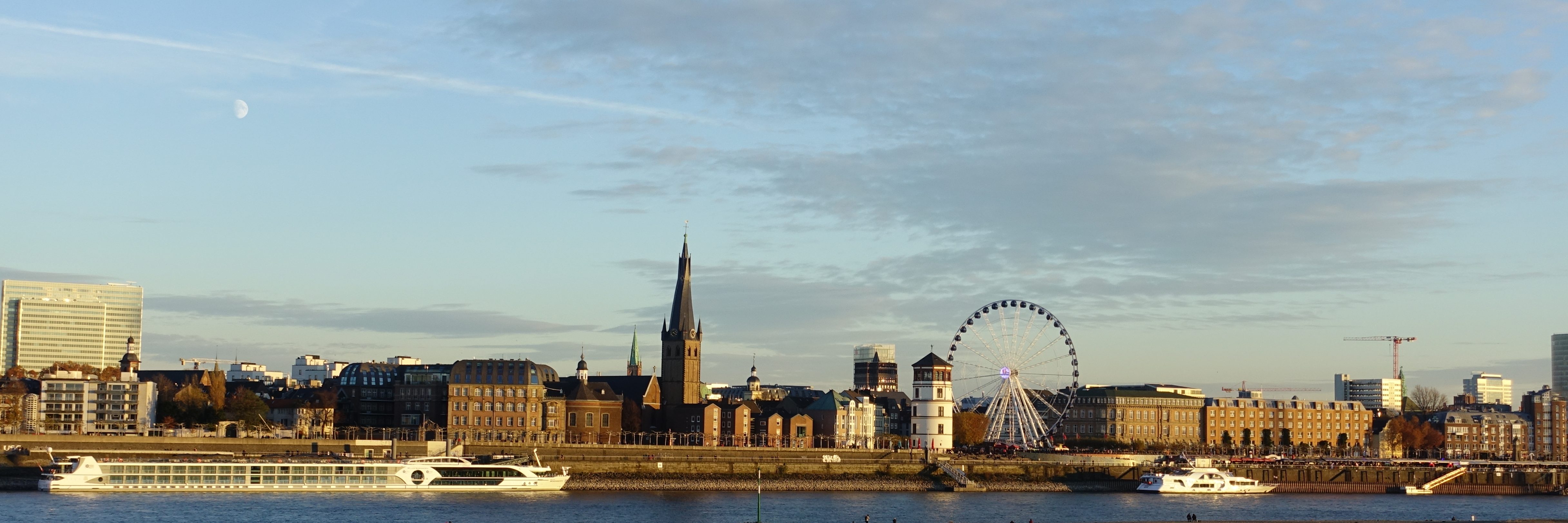Compared to the U.S., Germany is slightly behind the times, often in charming ways. Another way of putting this is that the U.S., world capital of creative destruction, has casually exterminated hundreds of institutions and folkways which live on in Germany, as they do in most of the other countries on the earth.
I have a list of these somewhere which includes:*
- Having the same postman who always comes to your house
- Independent pharmacists
- Places to drink coffee which are not named Starbucks, and which are actual cafes
- Traveling circuses
- Summer holidays**
- Seasonal fairs
- Weekends
Add to this the firm canteen. I am a frequent visitor to my university's canteen (but when it's at a university, it's called a mensa for some reason). A friend of mine is a big fan of the Deutsche Post 'Casino' here in Düsseldorf (g). Another swears by the canteen of the Nordic Embassies in Berlin.
Who can resist the allure of the bulky, brusquely efficient Eastern European women with hairnets; the warm plastic trays slightly redolent of bleach; the artificial plants; the chef's state-issued license proudly framed where everyone can see it as they wait in line; the buzzing fluorescent lighting? It's a Xanadu of efficient dining that seems to be the same everywhere in Germany, and was probably the same in both Germanies back when they existed. The German canteen is not just a place to get mashed potatoes glopped onto your plate by the unsmiling, mustachioed Ludmila: it's a demonstration of Germany's commitment to providing decent, no-frills services and institutions at a modest price.
That's why I was delighted to see Stephen Evans, the BBC'S Berlin correspondent, filing a report on yesterday's PM program singing the praises of the humble German canteen. It's non-embeddable, so I clipped it for you:
Stephen Evans BBC 4 on German Canteens
* Yes, yes, I know Germany is busily trying to eliminate a lot of these things as well.
** Of course, summer holidays can have their downsides, as we saw in Paris in 2003. Or in Norway, where the closest police helicopter to the Utoya massacre was "grounded for four weeks during the summer holiday as regular procedure", presumably on the assumption that disaster takes time off during the summer, too.
